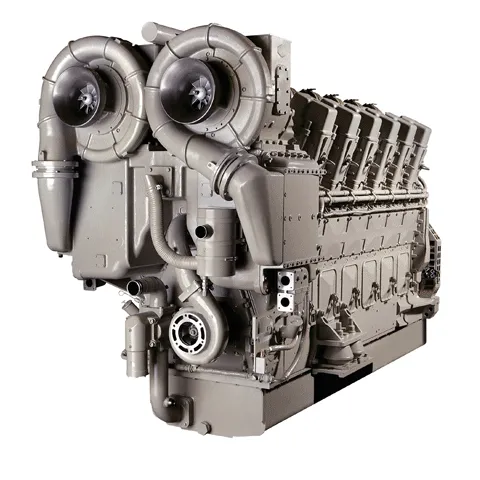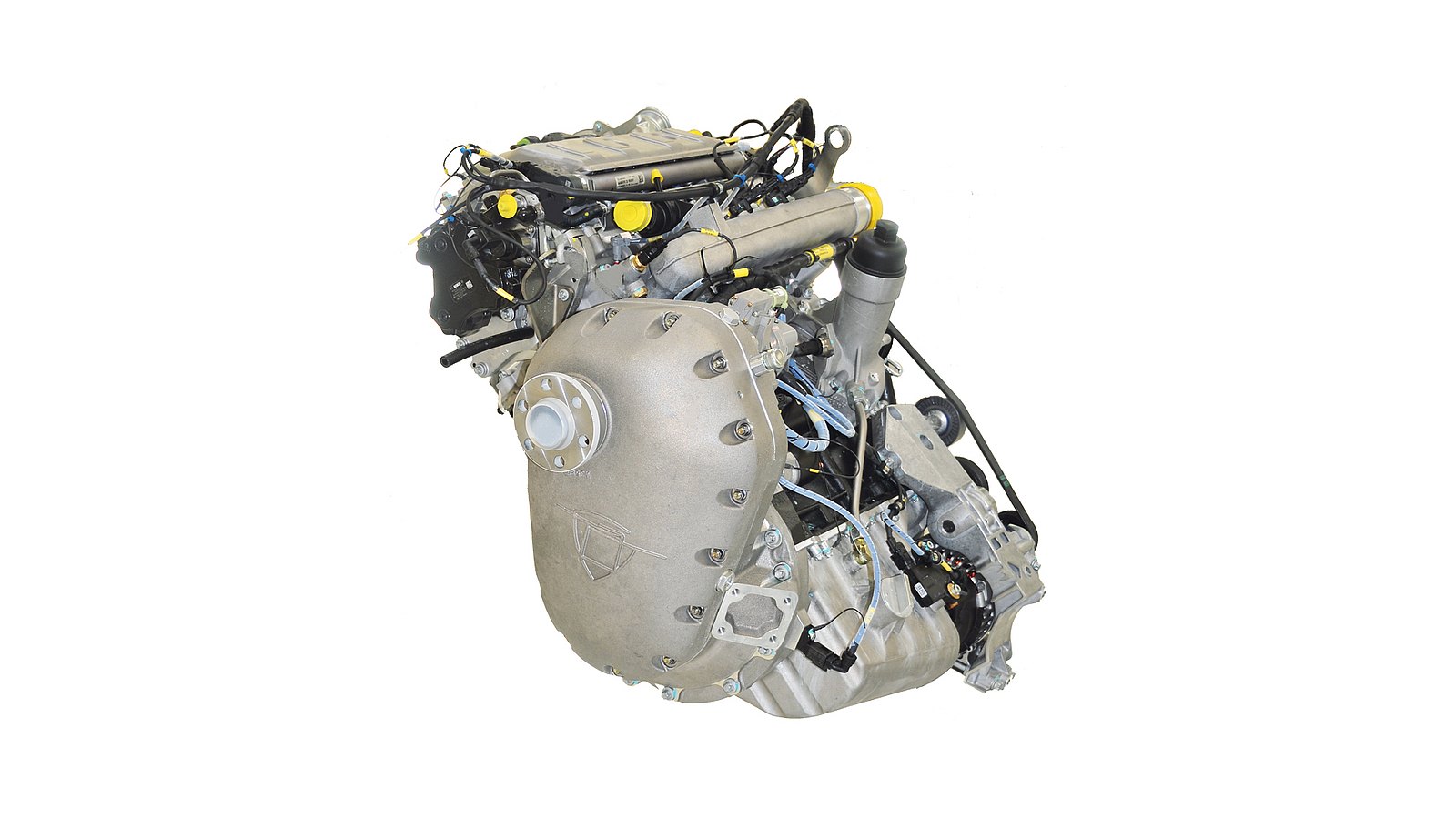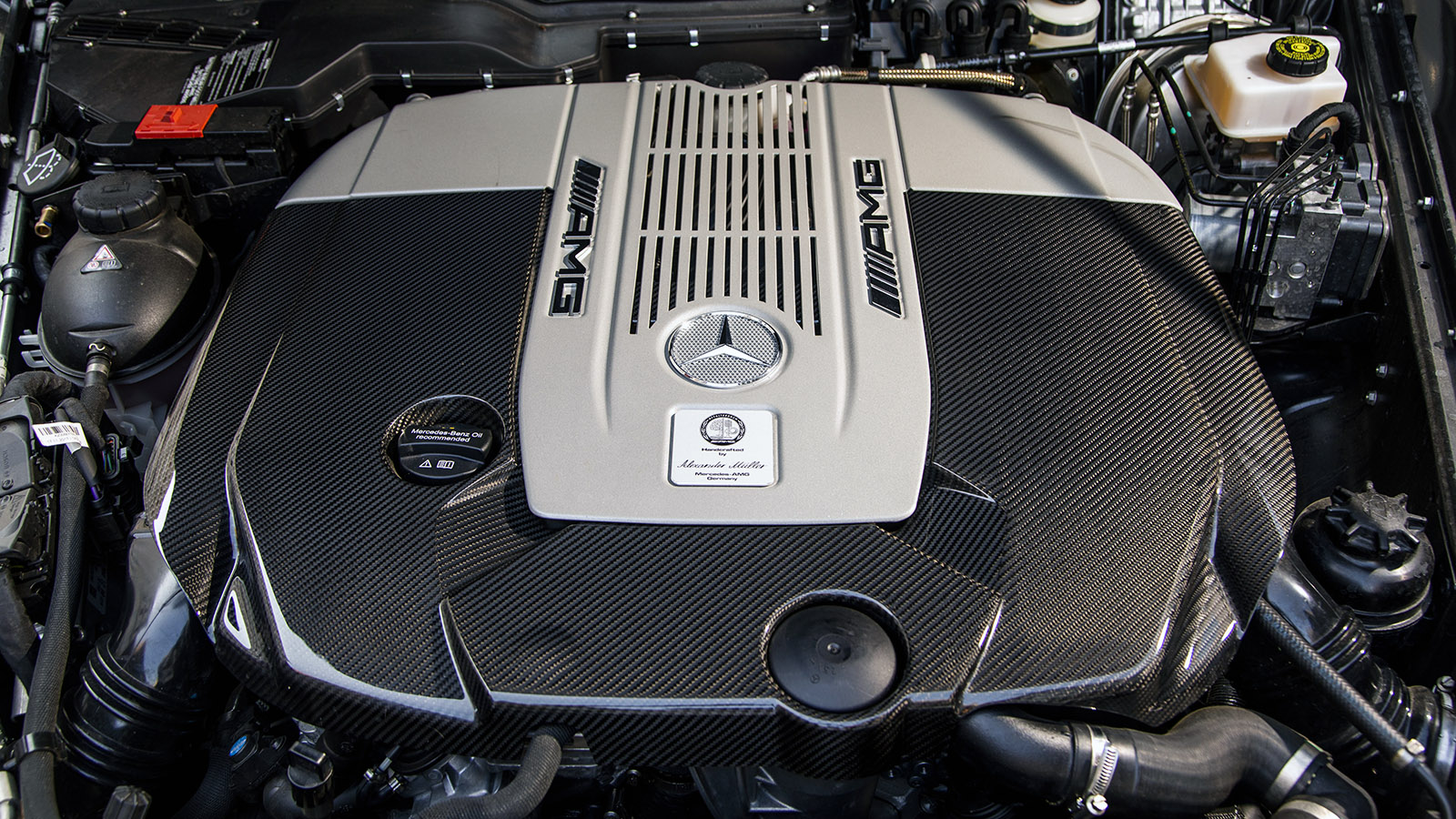Customer Reviews: Why Engines For Africa Stands Apart
Customer Reviews: Why Engines For Africa Stands Apart
Blog Article
Explore a Vast Array of Engines for Every Vehicle and Function
The auto landscape is increasingly complicated, with a diverse range of engine types designed to satisfy certain efficiency and performance requirements across numerous automobile categories. From the high-performance engines that power sporting activities vehicles to the fuel-efficient choices customized for day-to-day commuting, the options are large and varied. Furthermore, heavy-duty engines offer the needs of job lorries, while green alternatives are getting traction in the quest of lasting transport. Understanding these distinctions is critical for making notified decisions, especially as arising innovations remain to form the future of vehicle engineering. What effects might these advancements hold for consumers and manufacturers alike?
Sorts Of Automotive Engines
Automotive engines can be categorized right into numerous unique types, each made to satisfy certain efficiency and performance demands. The most usual classifications consist of inner combustion engines, electric engines, and hybrid systems.

Electric engines, on the various other hand, operate electrical power kept in batteries, giving immediate torque and no emissions. These engines are becoming progressively popular because of developments in battery modern technology and the expanding focus on sustainability.
Hybrid systems incorporate both interior combustion and electric engines, making it possible for automobiles to maximize fuel efficiency and decrease emissions by flawlessly changing between power sources. Each engine type offers its advantages and drawbacks, influencing variables such as automobile style, intended usage, and market need. Understanding these differences is crucial for manufacturers and customers alike when selecting the appropriate engine for their details demands.
Performance Engines for Sports Cars
Performance engines for cars are specifically engineered to deliver boosted agility, power, and speed, establishing them aside from conventional vehicle engines. These engines usually utilize advanced technologies such as turbocharging, supercharging, and variable shutoff timing to take full advantage of effectiveness and responsiveness.
Generally, performance engines are created with higher compression ratios, which permit for higher power extraction from fuel. This leads to impressive horsepower and torque numbers, allowing quick velocity and greater top rates. In addition, the lightweight materials made use of in these engines, such as light weight aluminum and carbon fiber, add to minimized total vehicle weight, boosting handling and maneuverability.
Engine setups like V6, V8, and also hybrid systems are usual in efficiency sports cars, each offering unique benefits in regards to power delivery and driving dynamics. The adjusting of these engines is additionally vital; numerous manufacturers enhance the engine management systems to supply an exciting driving experience, commonly consisting of sporting activity modes that change throttle action and gear shifts.
Efficient Engines for Daily Commuters
In the realm of everyday commuting, efficient engines play a critical function in maximizing fuel economy and lessening emissions while giving reputable performance. As city populaces expand and environmental issues look at here now heighten, the demand for lorries advice geared up with effective powertrains has risen.
Modern engines made for everyday travelers frequently include innovations such as turbocharging, straight fuel injection, and hybrid systems. Turbocharging enhances engine effectiveness forcibly even more air right into the combustion chamber, permitting smaller, lighter engines that do not compromise power result. Direct fuel injection boosts fuel atomization, causing far better burning and enhanced effectiveness.
Crossbreed engines, incorporating interior combustion with electric power, additional augment fuel economic climate, particularly in stop-and-go traffic, where typical engines can deal with ineffectiveness. Electric electric motors aid during velocity and can run independently at low rates, minimizing overall gas intake.
In addition, innovations in engine administration systems and light-weight products add significantly to efficient engine layout. By focusing on performance, durability, and ecological sustainability, producers proceed to deliver engines that not only fulfill the needs of daily travelling but likewise line up with worldwide efforts to minimize carbon impacts.
Heavy-Duty Engines for Work Automobiles
Durable engines for work automobiles are routinely engineered to provide outstanding torque and integrity under demanding problems. These engines are developed to carry out in settings where standard engines might fail, such as building sites, logging operations, and agricultural settings. The primary focus of durable engines is their ability to produce high levels of power while keeping durability over expanded durations of operation.
Generally, sturdy engines use advanced products and robust construction techniques to endure the roughness of hefty workloads. Attributes such as enhanced cyndrical tube blocks, boosted air conditioning systems, and progressed gas injection modern technologies add to their performance. These engines usually run at lower RPMs, which helps to enhance gas efficiency while offering the needed power for lugging and hauling.
In addition to mechanical effectiveness, durable engines are often outfitted with advanced digital control systems (ECUs) that take care of efficiency, exhausts, and diagnostics. This combination enables much better monitoring and maintenance, making certain that work lorries continue to be why not try here operational and effective.
Eventually, durable engines are an essential component in the performance of various sectors, giving the needed power and dependability to deal with the most difficult of tasks.
Eco-Friendly Engine Options
The growing focus on sustainability has actually resulted in the growth of environmentally friendly engine options that focus on decreased emissions and improved fuel efficiency. These engines are designed to reduce the environmental influence of automobiles while still providing the efficiency and integrity anticipated by customers.
Amongst the most notable eco-friendly alternatives are hybrid and electrical engines. Hybrid engines integrate traditional inner combustion engines with electrical propulsion, allowing for reduced fuel consumption and reduced greenhouse gas emissions. Electric engines, on the various other hand, operate entirely on battery power, generating zero tailpipe discharges and adding to cleaner air quality.
An additional promising development is the innovation of biofuel engines, which make use of eco-friendly sources, such as plant materials, to power vehicles (Engines For Africa). By utilizing biofuels, these engines can decrease dependency on nonrenewable fuel sources and reduced total carbon impacts

As the auto market advances, green engine alternatives will certainly play a crucial duty in driving the transition towards even more sustainable transportation solutions.
Conclusion
From high-performance engines that improve sports car capacities to effective models focusing on gas economy for day-to-day travelers, each kind serves a details feature. Heavy-duty engines provide to durable work lorries, while environmentally friendly choices, such as electric and biofuel engines, promote sustainable transport.

Report this page